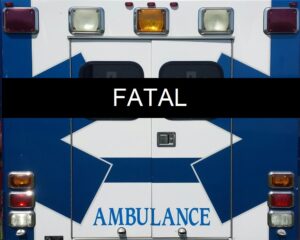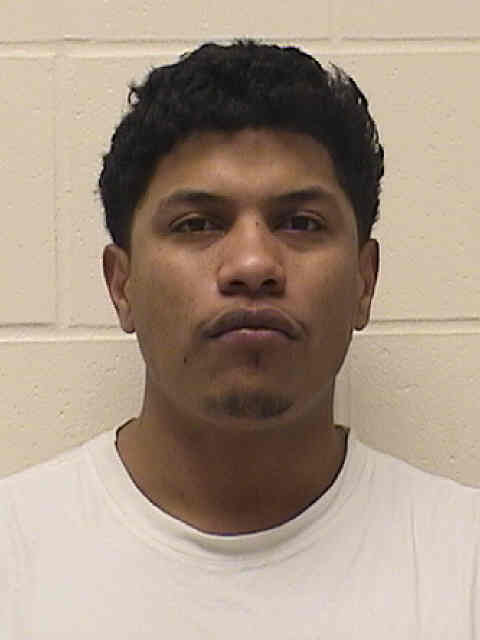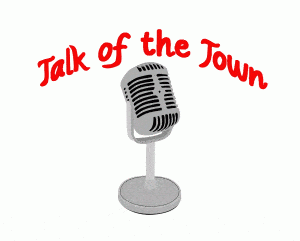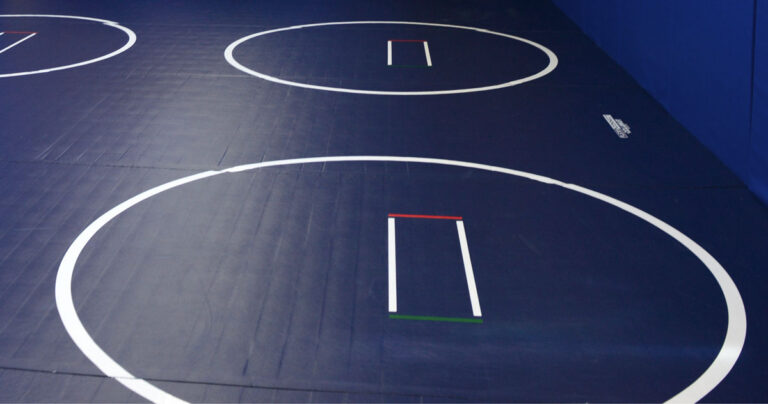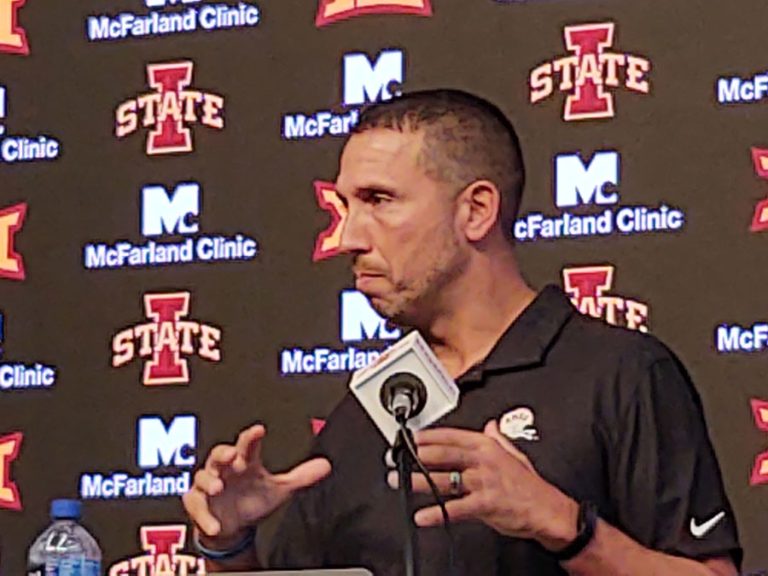Statewide Iowa — The State Board of Education meeting Wednesday included a discussion about online teaching. Board member Mike May of Spirit Lake questioned how well teachers are prepared.
(As above) “I think most people would agree that in March we weren’t prepared for what happened. For whatever reason, no one anticipated anything like this would happen. It’s reasonable to assume the department couldn’t have anticipated this would happen — no one could have,” May says. “We weren’t ready. And consequently, from March to June, very little learning took place.”
May, who is a former teacher, questioned how the situation has changed since then.
(As above) “How have we prepared teachers to be ready….teaching is an art — but how have we transitioned? What difference have we made in terms of their ability to deliver online?,” he asked
The online learning was optional once the governor shut down the schools for the year in the midst of the pandemic. The Department of Education’s Amy Williamson says they were immediately working with teachers.
(As above) “You know we made sure that we provided a substantial amount of resources to support teachers in that process — and that’s what lives in those return to learn modules, different training supports for offering a different kind of learning, and how to sort of even address public health circumstances,” Williamson says.
Williamson is the Chief of the Bureau of School Improvement and says the situation now is very different.
(As above) “Because it’s no longer voluntary — so it isn’t really an option anymore to not be successful. The professional development offered for teaching online through the A-E-A’s, some of the tools that we are providing will make teachers be better prepared for this as well,” according to Williamson.
May still has his doubts.
(As above) “I’m skeptical that we are really prepared to be effective online teachers or instructors,” according to May. “And I think some of what you say is true. I think in some places we are — but I am not sure that that’s ubiquitous.”
Williamson says teachers won’t stop learning.
(As above) “I certainly think it’s going to be a process. It’s going to have to continue to get better as we go,” Williamson says. “But I think what you identified is that where can we make sure that if we feel our districts are falling short we can support them. To make sure that we are offering the resources to them so that they can get better — because that will be important.”
May reiterated that he was not trying to place blame on anyone for not being prepared for the big change in teaching methods. He says he is going on what he has heard from teachers and he could be behind in knowing how prepared schools are for a new era of teaching.


